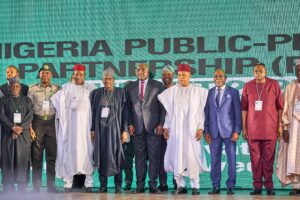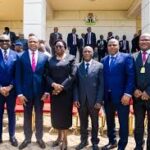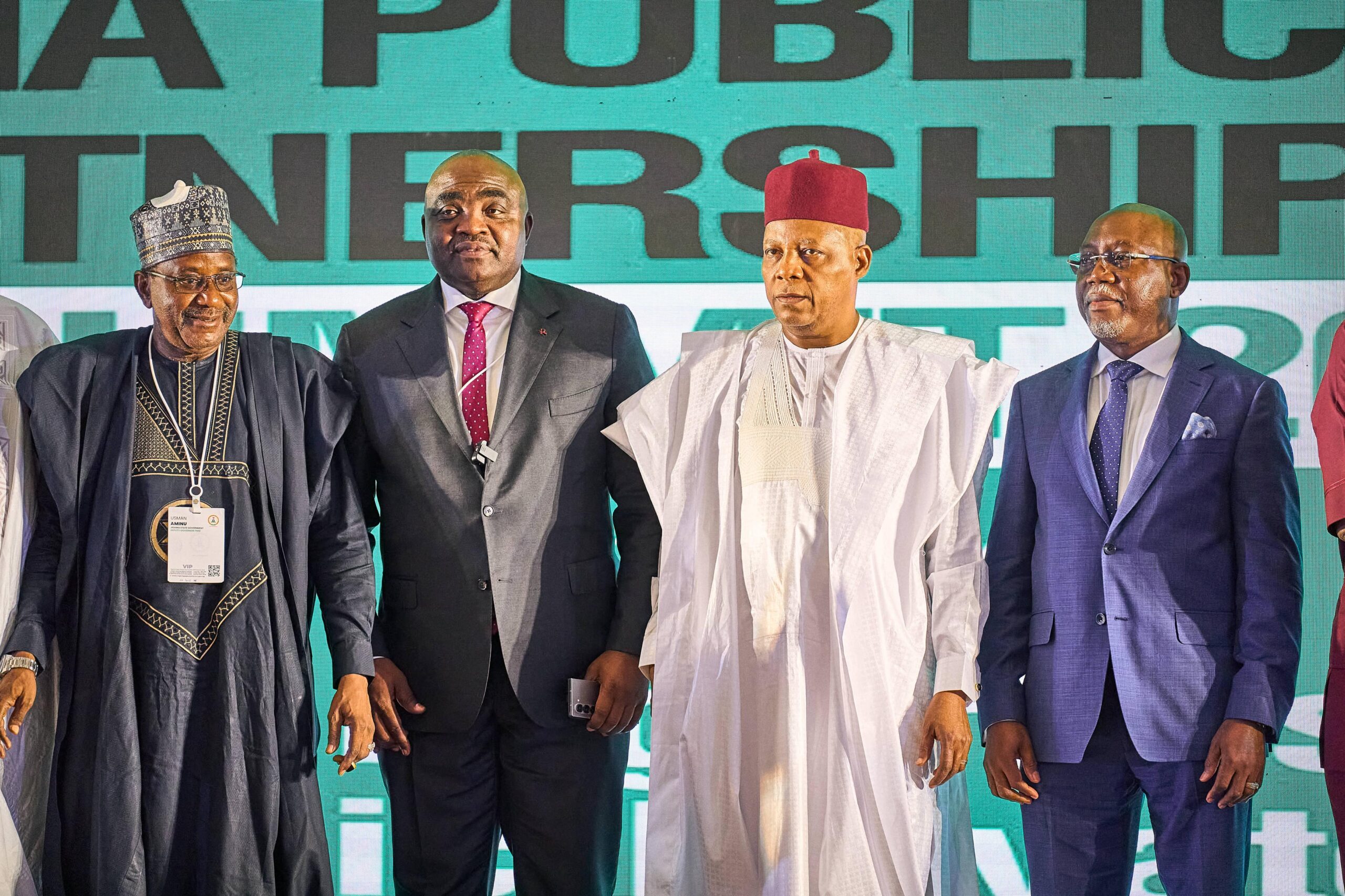Development financial institutions commend FG on infrastructure development through PPP
By Okeoghene Akubuike
Development Financial Institutions have commended the Nigerian Government for its commitment to infrastructure development through Public Private Partnerships (PPPs), calling for more collaboration from the private sector.
They made the call during the Nigeria Public Private Partnership (PPP) Summit hosted by the Infrastructure Concession Regulatory Commission n(ICRC) in Abuja.
The two-day summit has the theme “Unlocking Nigeria’s Potential: The Role of Public-Private Partnerships in Delivering the Renewed Hope Agenda.”

Dr Dahlia Khalifa, the Director for Central and Anglophone West Africa, International Finance Corporation (IFC), commended the Nigerian government for its commitment in creating a transparent and predictable business environment.
Khalifa said the government was doing this through recent efforts such as updating PPP guidelines by the ICRC and publishing a transparent project pipeline on its website.
According to her, a strong framework sends a message that Nigeria is open to business and serious about the results, and it has no time to lose.
She, however, said red tape should be reduced while speeding up delivery timelines and enhancing competition, which would improve performance, boost investor confidence and unlock new flows of investment.
She, however, said red tape should be reduced while accelerating delivery timelines and enhancing competition, which would improve performance, boost investor confidence and unlock new flows of investment.
Khalifa emphasised that Nigeria should enhance its institutional and regulatory environment to fully realise PPP potential, focusing on transparency, efficiency, and investor-friendly policies throughout the project cycle.
She said the IFC was proud to partner with Nigeria by providing advisory services and investments in delivering bankable projects.
Khalifa highlighted the Asset Monetisation Programme which the IFC was working with the Nigerian government, aimed at turning underutilised state and public assets into engines of economic growth.
“We are also very happy to be discussing programmes with the Ministry of Budget and Economic Planning to develop PPP projects aligned with the National Integrated Infrastructure Master Plan, which envisions up to 2.3 trillion dollars in projects in Nigeria by 2043.”
“In 2024, IFC brought in five billion dollars to Nigeria in investments and financing; 1.3 billion dollars bond for IHS Towers and 1.3 billion dollars for LME Fertiliser.”
Mr Zitto Alfayo, the Director and Head of Project Preparation at Afreximbank, commended President Bola Tinubu’s administration for the market reforms, which he said had positioned the country to withstand external shocks and make Nigeria an attractive investment destination.
Alfayo said with the commitment from the Federal Government, the onus was on the Development Financial Institution to complement the government’s efforts and scale up their intervention.
“We, too, need to be bold and put at the disposal of the private sector to provide our full array of products and services to draw in the much-needed investment into Nigeria.
“Working closely with the private sector allows us to access capital, harness innovation, create quality jobs, boost exports, and promote overall economic development.
He said Afreximbank had disbursed 50 million dollars in Nigeria, catalysing investments in various sectors, including energy, transport and logistics, manufacturing, healthcare, and financial services.
Alfayo highlighted some PPP projects undertaken by the bank in Nigeria including the African Medical Centre of Excellence and the African Quality Assurance Centre in Lagos.
Solomon Quaynor, Vice President for Private Sector, Infrastructure and Industrialisation, AfDB, emphasised the importance of collaboration to address the infrastructure financing gap, estimated at 70 to 110 billion dollars annually across all sectors.
Quaynor said that PPPs were complex, long-term contracts which needed to be designed properly to survive different political administrations.
“We should focus on designing and implementing low-hanging fruit. If investors see success in these early projects, they will have more confidence in future ones,” he said.
He highlighted several PPP projects that the bank was carrying out in Nigeria, including the Lagos-Abidjan corridor, Lekki Toll Road, the Metro Rail and the bus rapid transport system in Lagos, and industrial parks across 28 different states.
“We are also really looking to deliver solutions in Nigeria to harness the private capital embedded in the pension funds, the life insurance investment pools, and other savings pools.”
Quaynor said the AfDB, along with the Nigeria Sovereign Investment Authority, had mobilised about 500 million dollars equivalent in Naira for funding infrastructure bonds in Nigeria. (NAN)(www.nannews.ng)
Edited by Ese E. Eniola Williams
Published By
Has also recently published
 JudiciaryJune 18, 2025Judiciary stands firm against terrorism, atrocity, says CJN
JudiciaryJune 18, 2025Judiciary stands firm against terrorism, atrocity, says CJN BankingJune 18, 2025Prolonged litigations on financial matters impede banks’ capacity to support SMEs — CEOs
BankingJune 18, 2025Prolonged litigations on financial matters impede banks’ capacity to support SMEs — CEOs General NewsJune 18, 2025FCCPC takes rice re-bagging, unfair practices sensitisation to FCT council markets
General NewsJune 18, 2025FCCPC takes rice re-bagging, unfair practices sensitisation to FCT council markets BankingJune 18, 2025USSD Services: Telcos to charge subscribers directly from June 18
BankingJune 18, 2025USSD Services: Telcos to charge subscribers directly from June 18





